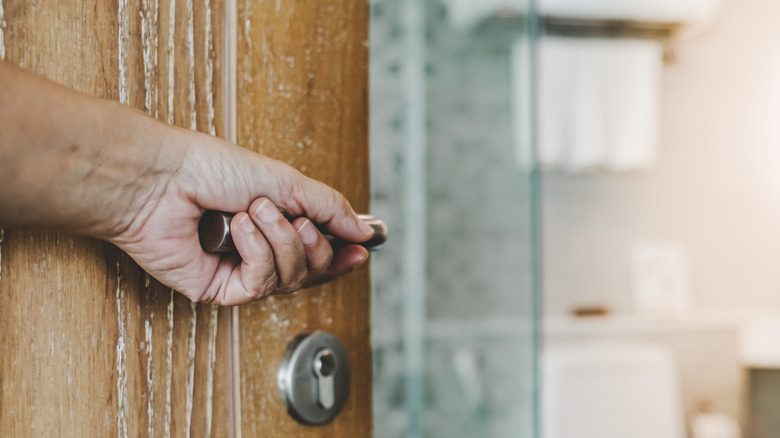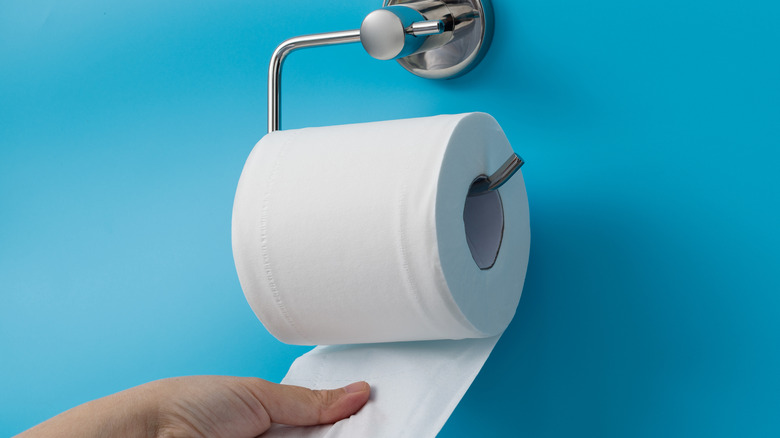What Your Pee Can Predict About Your Heart Health
Maybe your cholesterol and blood pressure are a little high. Your doctor might tell you to start exercising more often to keep your weight down. You made a New Year's resolution to eat healthier, but buffalo wings go so well with a pint of your favorite IPA. These are some of the major risk factors for heart disease.
Unfortunately, high cholesterol and high blood pressure don't come with symptoms, so you might not be aware of either condition unless you have both checked. A lack of exercise might make it harder for you to walk up a flight of stairs, and carrying too much weight could make you more easily fatigued. Eating healthy is also a matter of degree. Although an echocardiogram or a cardiac MRI scan can diagnose heart disease, your heart will give you some signs that it's not working as well as it should. How often you get up to pee in the middle of the night could be a subtle sign of heart disease.
It's about the heart-kidney link
The main job of the kidneys is to remove waste and excess water from your blood. Your heart supplies the kidneys with blood to do this job. When the heart can't supply the kidneys with enough blood, you might notice fluid building up in your hands, feet, and ankles. When you're lying in bed at night, the fluid begins to return to your heart and kidneys. As a result, your body secretes natriuretic peptides that stimulate urine production to handle the excess fluid. Then you find yourself waking up and needing to pee.
Waking up once in the middle of the night with a need to pee can be common, but more than once isn't normal, according to the American Urological Association. Of course, if you drink a lot of water (or alcoholic libations) before bed, you could be asking a lot of your bladder to hold all that fluid for the duration of your sleep. Frequently waking up to pee could also be a sign of sleep apnea. Women who've given birth or are experiencing menopause might also find themselves getting up a few times during the night. Men diagnosed with an enlarged prostate could have symptoms such as needing to pee more frequently.
Other signs of heart disease
Even if you can hold your bladder throughout the night, the American Heart Association says too much fluid in your tissues and extremities could signal heart disease. You could find yourself out of breath while walking up a set of stairs, but shortness of breath while your body is at rest could be another warning sign of heart disease. This occurs because there's too much blood for your heart to process, so it backs up into your lungs. Coughing is a common symptom of a cold, but a cough that persists even when you're well could mean that your lungs are accumulating fluid. A lack of appetite or memory loss might also accompany heart disease.
Some stranger symptoms of heart disease might include erectile dysfunction or vaginal dryness because the blood vessels that supply these organs become more rigid. People with high cholesterol might notice fatty deposits in places like the elbows and knees. These occur when the cholesterol in the blood is so high that it begins to settle in places, including in your arteries. When you don't have enough blood in your fingers, your body might react by thickening your fingernails.



